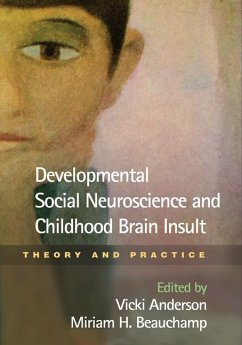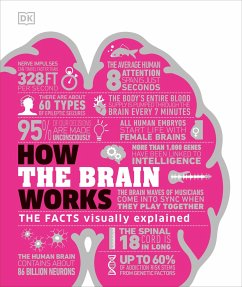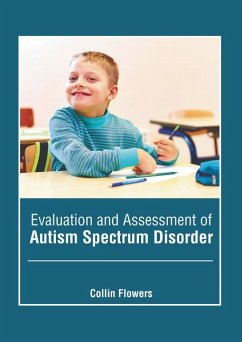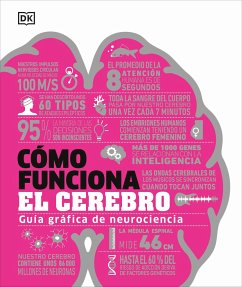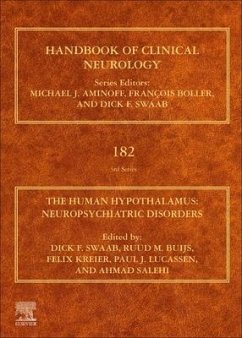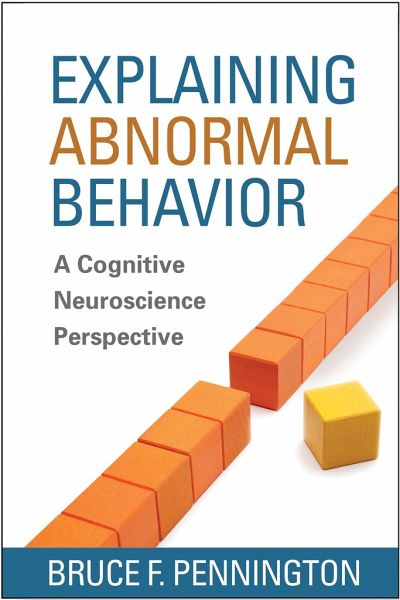
Explaining Abnormal Behavior
A Cognitive Neuroscience Perspective

PAYBACK Punkte
28 °P sammeln!
Highly readable and accessible, this book describes how research in cognitive science is transforming the way scientists and clinicians think about abnormal behavior. Bruce Pennington draws on work from multiple disciplines to identify compelling links among psychiatric, neurodevelopmental, and neurological disorders that are not generally studied together. Presenting cutting-edge work on the brain systems involved in key domains of neuropsychological functioning, Pennington sheds light on acquired neurological disorders like aphasia and amnesia, as well as the development of such conditions a...
Highly readable and accessible, this book describes how research in cognitive science is transforming the way scientists and clinicians think about abnormal behavior. Bruce Pennington draws on work from multiple disciplines to identify compelling links among psychiatric, neurodevelopmental, and neurological disorders that are not generally studied together. Presenting cutting-edge work on the brain systems involved in key domains of neuropsychological functioning, Pennington sheds light on acquired neurological disorders like aphasia and amnesia, as well as the development of such conditions as schizophrenia, depression, dyslexia, autism, and intellectual disability. The book also reveals how the analysis of both typical and atypical brain-behavior relationships can contribute to a neural explanation of the self and consciousness.




